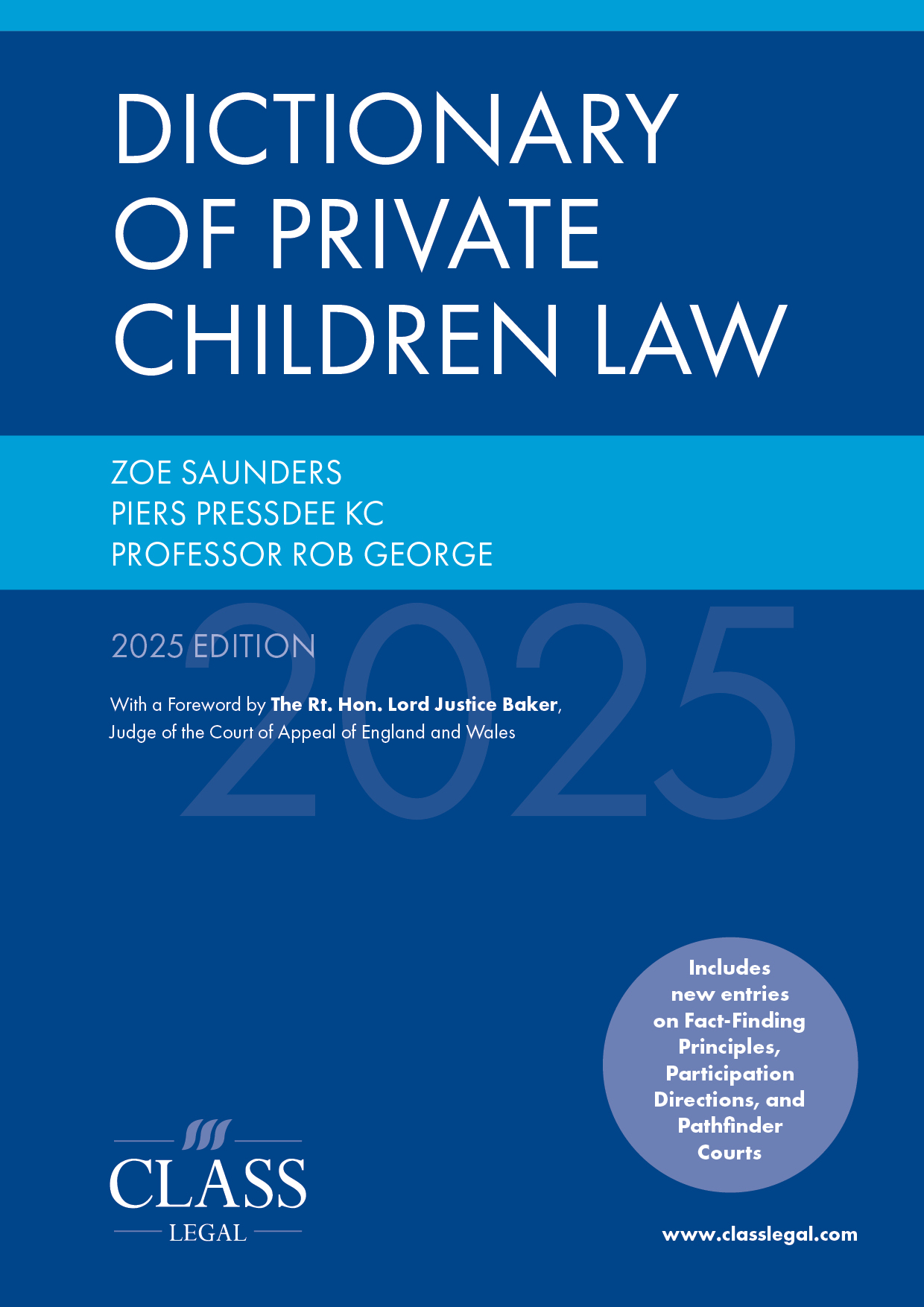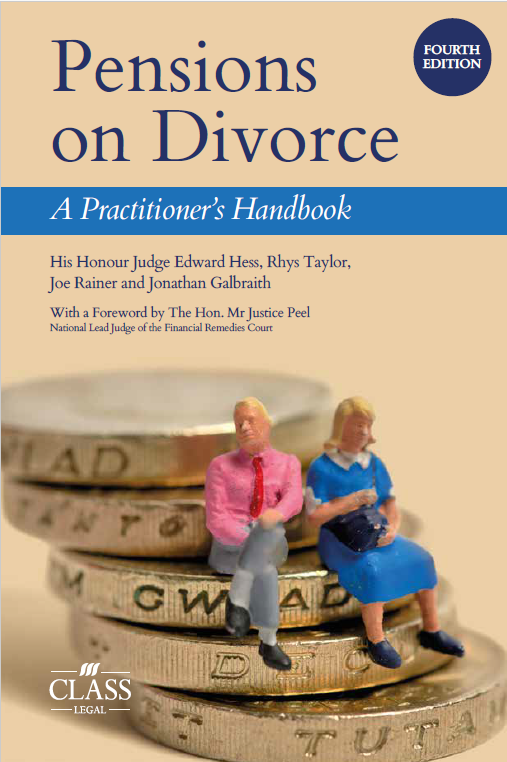
Ali v Khatib & Ors [2022] EWCA Civ 4818 April 2022
Published: 20/04/2022 09:00
https://www.bailii.org/ew/cases/EWCA/Civ/2022/481.html
Asplin, Stuart-Smith and Andrews LJJ.
Multigenerational family home. Mrs Bibi lived in her home with one of her sons and his family (the respondents) and in a 2003 will left the home to them. Some years after her death, this will was successfully challenged. Thereafter, the beneficiary of an earlier valid 1997 will (the claimants/appellants) sought occupation rent against the respondents for the period from Mrs Bibi’s death to vacant possession. The respondents purchased the property from the claimant, but the issue of occupation rent was expressly excluded from that agreement.
At first instance, the judge refused an award of occupation rent, holding that the claimant had not been excluded from or restricted in his use of the house. It was merely that all of Mrs Bibi’s children had moved out except for the respondents who had cared for her, and their occupation continued after Mrs Bibi’s death under the invalid will that named them as beneficiaries. The respondents had not been involved in the making of that will and it was not challenged for some years after Mrs Bibi’s death. The judge found that the claimant would not have wanted to occupy the property anyway, as he had his own family home.
Held – dismissing the appeal: the judge was exercising a broad equitable jurisdiction to do justice between co-owners while taking into account the provisions of TOLATA 1996; [64]. The decision of whether or not to award occupation rent is highly fact-sensitive and the judge’s findings of fact justified his decision not to award occupation rent; [51]. Moreover, the delay in realising the claimant’s share had resulted in an increase in the property’s value, and there was no rule, even on bankruptcy, that this could not be taken into account; [56]. Davis v Jackson [2017] EWHC 698 approved.
The claimant was refused permission to argue that the respondents were trespassers who had no beneficial interest in the property, as they had not argued this at first instance.












